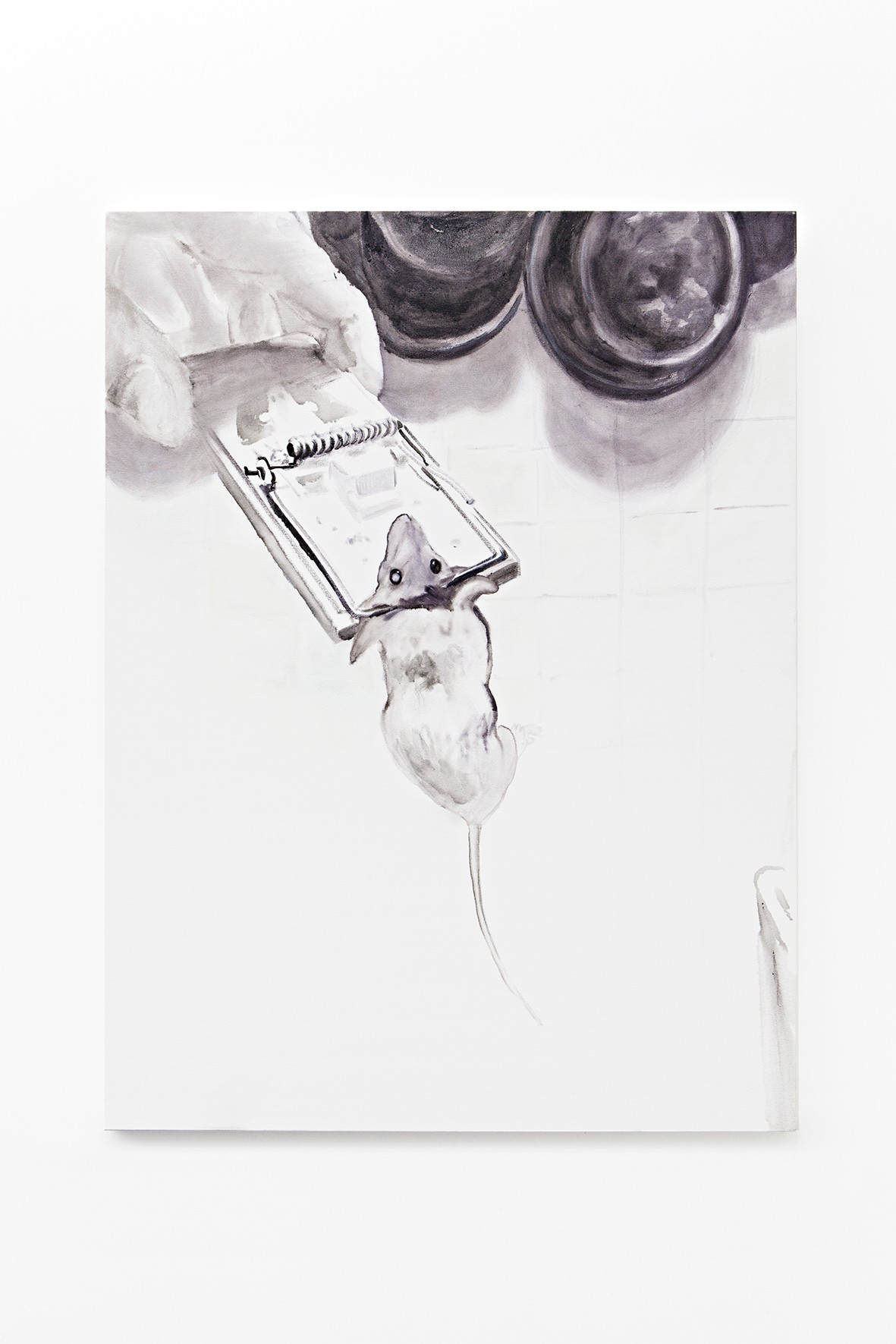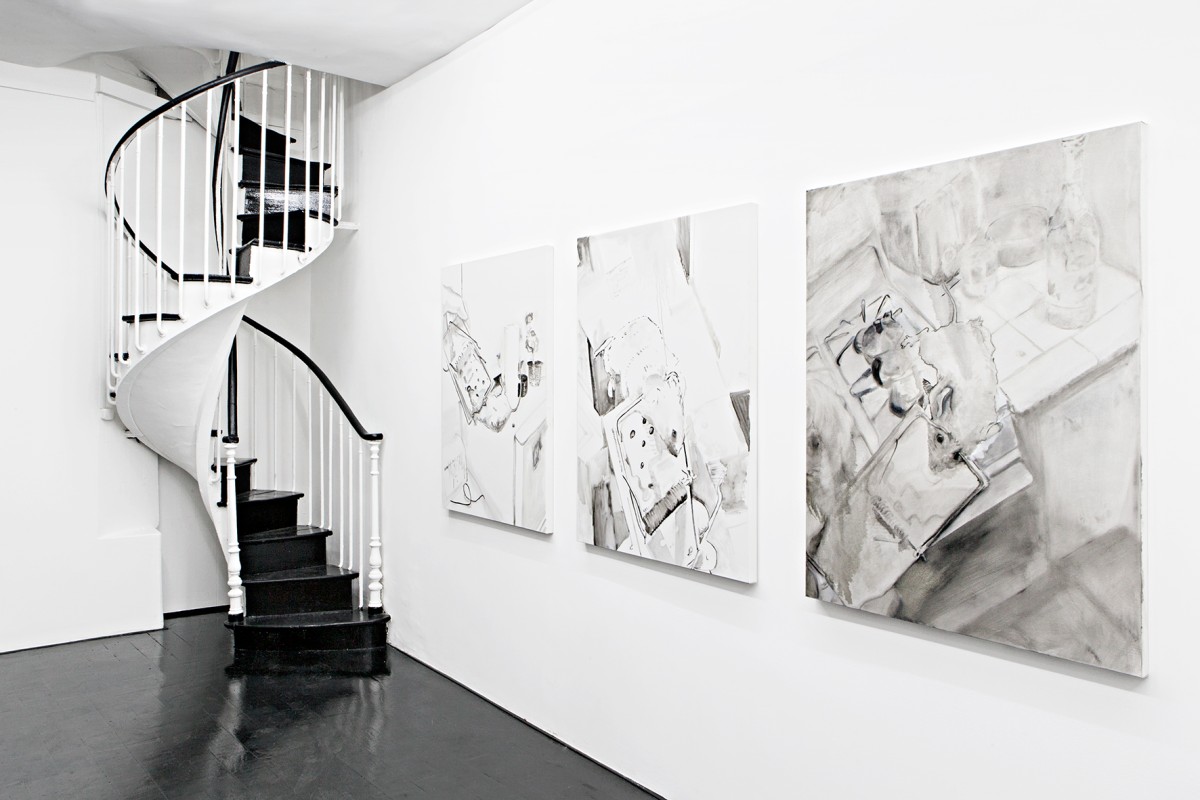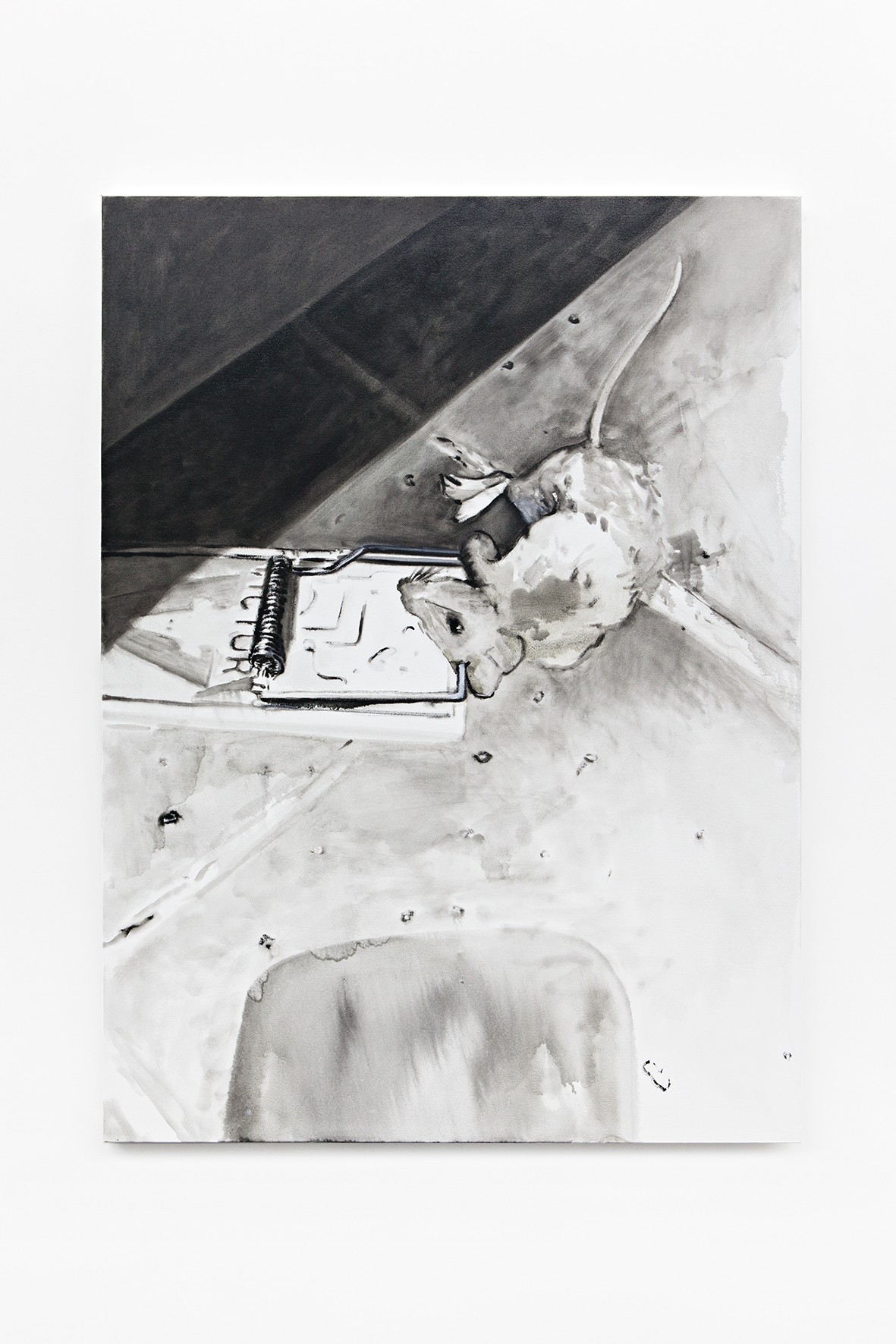London Paris New York Tokyo
When it comes to business decisions, there’s rarely such a thing as a no-brainer. Our brains are always at work, sometimes, unfortunately, in ways that hinder rather than help us. At every stage of the decision-making process, misperceptions, biases, and other tricks of the mind can influence the choices we make. Highly complex and important decisions are the most prone to distortion because they tend to involve the most assumptions, the most estimates, and the most inputs from the most people. The higher the stakes, the higher the risk of being caught in a psychological trap.
A dramatic first impression might anchor our thinking, and then we might selectively seek out confirming evidence to justify our initial inclination. We make a hasty decision, and that decision establishes a new status quo. As our sunk costs mount, we become trapped, unable to find a propitious time to seek out a new and possibly better course. The psychological miscues cascade, making it harder and harder to choose wisely. The best protection against all psychological traps—in isolation or in combination—is awareness. Taking action to understand and avoid psychological traps can have the added benefit of increasing your confidence in the choices you make.
Cecilia Gerson
 >
>
 >
>
 >
>
 >
>
 >
>
 >
>
 >
>
 >
>
 >
>
 >
>
 >
>
 >
>
 >
>
 >
>